Navigating a health-care system where one in five people don't have a primary care physician can be daunting, and can lead to gaps where precious time is lost.
Published Sep 13, 2024 • Last updated 0 minutes ago • 10 minute read

At 40 years old, Krista Guloien Temple was eligible for a mammogram through B.C.’s screening mammography program. It just never occurred to her that she would need it.
Temple is a two-time Olympian whose silver rowing medal in the 2012 Women’s 8 in London, England, and memoir Beyond the Finish Line: What Happens When the Endorphins Stop, had cemented her legacy as a role model and inspiration to others.
Advertisement 2
THIS CONTENT IS RESERVED FOR SUBSCRIBERS ONLY
Subscribe now to read the latest news in your city and across Canada.
- Unlimited online access to articles from across Canada with one account.
- Get exclusive access to the Vancouver Sun ePaper, an electronic replica of the print edition that you can share, download and comment on.
- Enjoy insights and behind-the-scenes analysis from our award-winning journalists.
- Support local journalists and the next generation of journalists.
- Daily puzzles including the New York Times Crossword.
SUBSCRIBE TO UNLOCK MORE ARTICLES
Subscribe now to read the latest news in your city and across Canada.
- Unlimited online access to articles from across Canada with one account.
- Get exclusive access to the Vancouver Sun ePaper, an electronic replica of the print edition that you can share, download and comment on.
- Enjoy insights and behind-the-scenes analysis from our award-winning journalists.
- Support local journalists and the next generation of journalists.
- Daily puzzles including the New York Times Crossword.
REGISTER / SIGN IN TO UNLOCK MORE ARTICLES
Create an account or sign in to continue with your reading experience.
- Access articles from across Canada with one account.
- Share your thoughts and join the conversation in the comments.
- Enjoy additional articles per month.
- Get email updates from your favourite authors.
Sign In or Create an Account
or
Article content
Post-Olympics, Temple married the love of her life — they met thanks to two misbehaving French bulldogs — and settled into a blissful, busy chapter with an infant and a toddler.
“I didn’t have cancer on my mind,” said Temple, now 44.
She can’t recall exactly what prompted her to do a spontaneous breast self-exam in late December 2021.
“I was in my spare room, going about my business, and I just stopped and decided to check. I felt a lump.”
She told herself not to panic — she was fit, she was healthy and she was young.
Temple had no significant family history of cancer, and no reason to think she had breast cancer.
The diagnosis of estrogen-progesterone positive Her-2 negative breast cancer, when it came three months later, was shocking given Temple’s age and overall good health.
She isn’t alone. A global wave of early onset cancers affecting people under age 50 is troubling and perplexing scientists.
“There is this narrative that someone my age would be too young. That’s not true anymore,” said Temple.
Cancer is supposedly an old person’s disease. Although the median age for a cancer diagnosis is 66, new research shows that globally more young people between the ages of 18 and 50 are being diagnosed, often with more aggressive forms of cancer.
Advertisement 3
Article content
In March, Kate Middleton announced her cancer diagnosis at age 42. In 2020 the death from colon cancer of 43-year-old Black Panther star Chadwick Bosemen shocked fans, and drew attention to the worrying trend.
Breast cancer, tracheal, lung cancer, stomach and colorectal cancers are among the early onset cancers on the rise since 1990, according to a 2023 study published in the journal BMJ Oncology. The study reports that since 1990, the global incidence of early onset cancer increased by 79.1 per cent and the number of early onset cancer deaths increased by 27.7 per cent.
The study projects that the global rate of early onset cancers will increase by 31 per cent and early onset cancer deaths by 21 per cent by 2030.
In B.C. over the last decade, B.C. Cancer Agency data for the 0 to 39 age group shows the colorectal cancer rate in males is up 3.3 per cent annually and up 1.1 per cent in females; breast cancer is up one per cent; uterine cancer 1.7 per cent; and kidney cancer in males is up 3.3 per cent; 90.5 per cent of new cancers occur in those over the age of 50.
Dietary factors, including a diet high in red meat, low in fruits, high in sodium and low in milk, as well as alcohol consumption and tobacco use and increasing obesity in young adults have been noted in recent studies as important risk factors underlying early onset cancers.
By signing up you consent to receive the above newsletter from Postmedia Network Inc.
Article content
Advertisement 4
Article content
Diagnosis delays for younger people
Delays to getting timely diagnosis and treatment can be a roadblock for younger people.
According to Canadian Cancer Society data, nine out of 10 cancers in Canada are diagnosed in people over age 50 and most screening programs target older people.
B.C.’s screening programs are among the most progressive in the country, offering breast cancer screening starting at age 40. Colon cancer screening for those of average risk begins at 50, but for those with family history of colon cancer, screening is available at age 40.
But many young people just don’t have cancer on their radar. They may not recognize symptoms, and when they do, physicians may dismiss symptoms due to the person’s age.
According to the Never Too Young report, published by the Colorectal Cancer Alliance, patients aged 19 to 39 were more likely to report feeling dismissed by their physicians, and 36 per cent reported seeing at least three doctors before receiving a diagnosis of colorectal cancer.
When Temple called to get a mammogram, she was offered an appointment months down the line because she was only 40.
Advertisement 5
Article content
Eventually she was redirected to her family physician for a referral. Even with her doctor’s referral, she had to wait three months for an appointment.
Many younger patients who face longer waits because they don’t qualify for screening are diagnosed with more advanced, aggressive cancers.
“We continue to hear from young adults that they are told you’re young, you’re healthy, you’re fine. When they finally get a diagnosis they’re Stage 3 or Stage 4,” said Dr. Cheryl Heykoop, Michael Smith Health Research B.C. Scholar and member of the Integrated Cancer Care Strategy Council for Vancouver Island.
Heykoop was diagnosed with follicular lymphoma at age 34. Because that cancer mostly affects people in their 60s, she had difficulty getting answers to questions that were relevant to her, such as how treatments would affect fertility.
“It’s scary when you’re trying to navigate a system that’s geared toward your grandparents,” said Heykoop.

Temple regrets how patiently she waited for that mammogram.
“If someone called me today and said I have a lump, I would say figure out a way to get that mammogram earlier.”
Advertisement 6
Article content
After the mammogram she was called back for a second screening.
“The doctors came back in looking somber and worried,” said Temple. “They said, ‘Can you go to the hospital immediately for a biopsy?’ ”
Temple didn’t walk. She ran.
On April 13 she finally got her diagnosis. By that time she estimates she was already Stage 2 or 3.
She was reassured that all things considered — her age, her general health — she had a high chance of living a long, healthy life.
But after eight sessions of chemotherapy along with concurrent supportive therapies including naturopathic, acupuncture and hyperthermic treatments, she got the bad news that the cancer hadn’t responded to the chemo.
Then came a lumpectomy, followed by a mastectomy and 15 rounds of radiation.
Temple finished active treatment at the end of 2022, with a plan to do an oral chemo regime along with Tamoxifen — a hormone-suppressing drug that comes with challenging side-effects.
Worried, she requested a positron emission tomography scan to see if there was still active cancer. Her oncologist said he wasn’t opposed, but she never received an appointment.
Advertisement 7
Article content
In early 2024 she emailed her oncologist: What was the plan? Was there something more she should be doing?
She got no reply.
Navigating the system without a family doctor
Navigating a system that is already burdened — in B.C. one in five people don’t have a primary care physician — can be daunting, and lead to gaps where precious time is lost.
“Many Canadians don’t have a primary care physician, which may delay diagnosis,” said Dr. Cheryl Peters, a senior research scientist at the B.C. Centre for Disease Control and at B.C. Cancer, and adjunct professor at the School of Population and Public Health at the University of B.C.
While social media can provide support, community and information to young adults, it can also be a minefield of misinformation, said Peters, who is launching a study looking at how Canadians get cancer information online, with the ultimate goal of reducing incidences of cancer by ensuring Canadians have access to appropriate information.
“Cancer is an emotional disease and people are worried,” said Peters. “They follow social-media trends looking for plausible links and come up with weird and wild things. Is it ultra processed foods? Lack of supplements? Not enough sun? Too much physical activity?”
Advertisement 8
Article content
Right now, said Peters, “we just don’t know enough yet to say what’s causing it.”
They want a way to reduce their risk that’s easier, said Peters. “A lot of prevention is around steps that are already known: don’t smoke, wear sunscreen, move your body, lower alcohol intake, get screenings, get your HPV vaccines.”
Improvements are being made to screening programs, said Dr. Charlotte Young-Hing, medical director of B.C. Cancer’s breast screening program.
“We are making it more streamlined for patients that don’t have a family doctor, and made progress to improve access to screening. In B.C., patients can call a breast screening centre directly to book an appointment. However, if a patient has a symptom already, they must go through a health-care provider, who refers them for diagnostic imaging, which is different than breast screening.
“It’s really hard for a lot of people that don’t have family doctors,” said Young-Hing.
B.C. has made it easier for people who don’t have a primary physician to get a referral through naturopaths, virtual primary care, walk-in clinics and by calling 811.
Advertisement 9
Article content
In 2023 the provincial government launched a 10-year cancer plan, promising to strengthen efforts to prevent, detect and treat cancers, and address increases in demand for cancer-care services resulting from a growing and aging population — B.C.’s population has increased by almost 10 per cent since 2020-21, with more than 5.8 million people living in the province in 2023-24.
In its first year, the plan has hired 92 cancer-care physicians, including 71 oncologists, and 32 additional radiation therapists and eight Indigenous patient navigators across all B.C. Cancer regional centres.
It has also distributed 29,724 cervix self-screening kits provincewide; increased mammogram, colon and lung screenings by 27,326; and increased positron emission tomography/computed tomography (PET/CT) scans by 9.9 per cent.
There is more to be done, said Heykoop. Younger adults haven’t seen the same improvements in survival rates as their older counterparts.
“There is very little research into young adult cancer,” said Heykoop. “Only .04 per cent of research funding is dedicated to young adults, and young adults are very rarely involved in clinical trials.”
Advertisement 10
Article content
Young adults who become ill in the prime of their life face different social challenges than their older counterparts, including loss of opportunities in their careers, and fertility loss due to treatment.
In a study authored by Heykoop, equitable access to fertility preservation information and support in pursuing fertility preservation was identified as a need particularly among First Nations, Inuit and Métis communities.
According to a study by Young Adult Cancer Canada, only 52 per cent of young adults had a conversation with their treatment providers about options for fertility preservation.
In Heykoop’s case, she brought it up herself.
“I knew I wanted children,” she said. “In the adult world, you really have to figure it all out yourself. It’s critical for younger patients to have a patient navigator.”
The B.C Cancer Agency currently has a page dedicated to resources available to young adults with cancer, and Heykoop is working with the agency on a pilot project to connect young cancer patients with counselling.
In addition, she is working with a research collaborative, Anew, to design an onco-fertility program for young adults with cancer.
Advertisement 11
Article content

The fight for her life
Temple is continuing to fight for her life.
On March 9, she went into the kitchen to make a sandwich. While she was opening a jar of pickles, her arm broke.
It was a pathological fracture that indicated the cancer had spread.
“Looking back, I wish I had advocated more for better followup,” said Temple.
This time she didn’t wait for an appointment. Temple paid for a PET scan at a private clinic called Initio Nuclear Medicine, which revealed the cancer had metastasized to her bones. She had six lesions throughout her body. It was the same cancer — but now Stage 4, which is considered incurable.
The family was plunged into a fight for survival with all of its auxiliary expenses and nightmarish unknowns.
With help from her sister Marla, she found Dr. Gary Onik, a doctor in the U.S. doing intratumoral immunotherapy, which isn’t available in B.C.
Temple is also on the B.C. Cancer Agency’s hormone-suppression protocols, including Letrozole and Ribociclib.
She has had two intratumoral immunotherapy treatments, each of which cost over $100,000.
After two treatments, a PET scan showed signs of a favourable response to treatment and a reduction in some bone lesions.
Advertisement 12
Article content
“Something is working,” said Temple.
Her sister Marla started a GoFundME and friends, former teammates and community members rallied to help in the fight. On Sept. 6, her college friend Matt Christopherson completed a gruelling overnight 125-kilometre RBC Gran Fondo to raise funds for Temple, and on Sept. 7 at the RBC Gran Fondo, the 10-member Krista Guloien Temple Women’s Cycling Team raced in support of her cancer fight, wearing a kit designed by Marla.
Temple compares her learning curve as a patient advocating for her own survival with her Olympic rowing career: As a member of the quad sculls crew at the 2008 Games in Beijing, she finished eighth. At the London 2012 Olympics she was part of the silver-medal-winning Women’s 8s.
“It’s like going back to 2008 rowing me — and telling me that I needed to do all these things to win in 2012, but I couldn’t learn it until I learned it.
“Now,” she said, “I’m going for gold.”
Recommended from Editorial
-

Vancouver fire captain Ron Hegedus to be honoured with downtown procession and service
-

Ryan Reynolds teams up with Terry Fox Foundation on fundraising T-shirts
Bookmark our website and support our journalism: Don’t miss the news you need to know — add VancouverSun.com and TheProvince.com to your bookmarks and sign up for our newsletters here.
You can also support our journalism by becoming a digital subscriber: For just $14 a month, you can get unlimited access to The Vancouver Sun, The Province, National Post and 13 other Canadian news sites. Support us by subscribing today: The Vancouver Sun | The Province.
Article content
.png)
 1 week ago
16
1 week ago
16





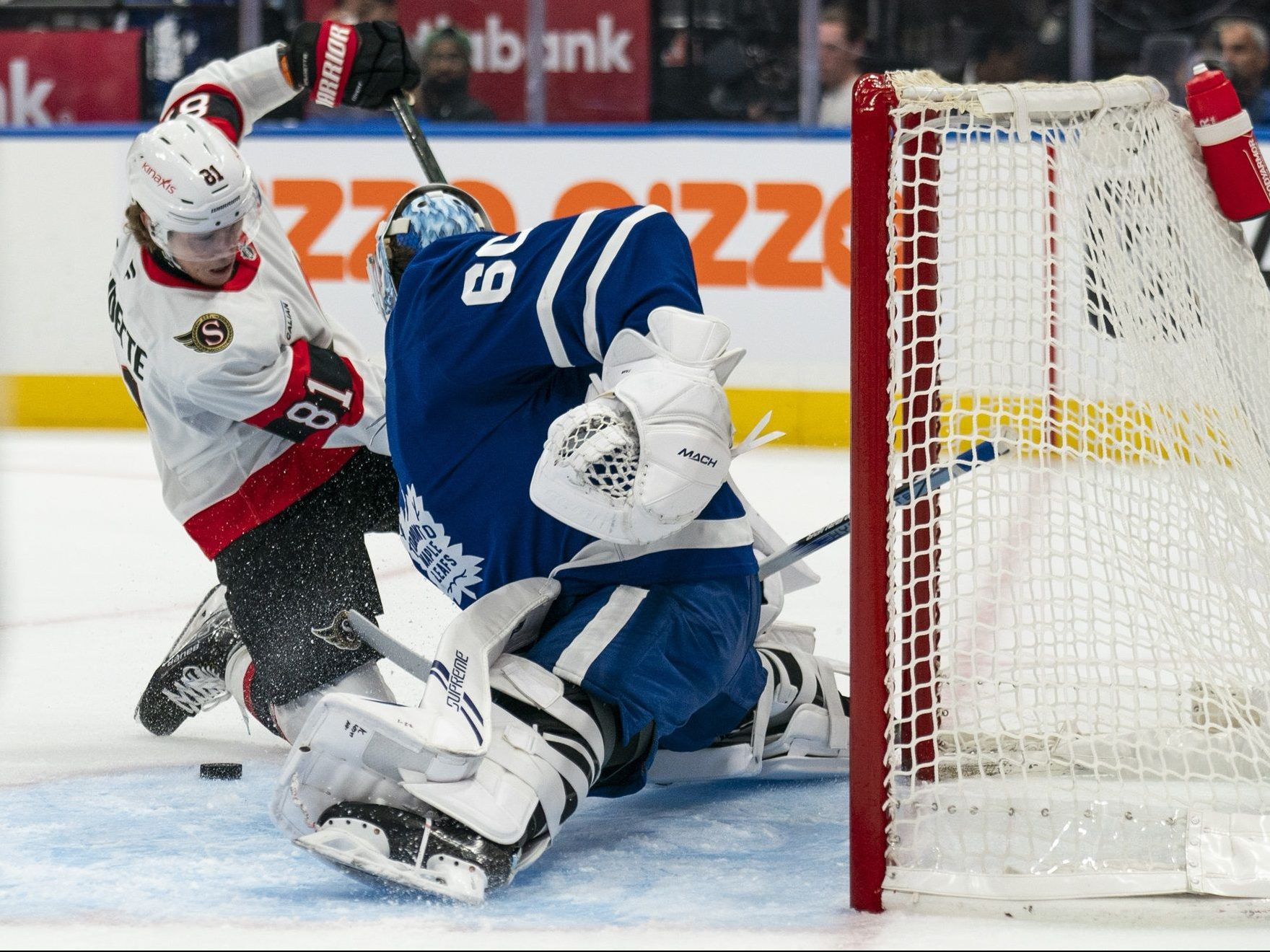
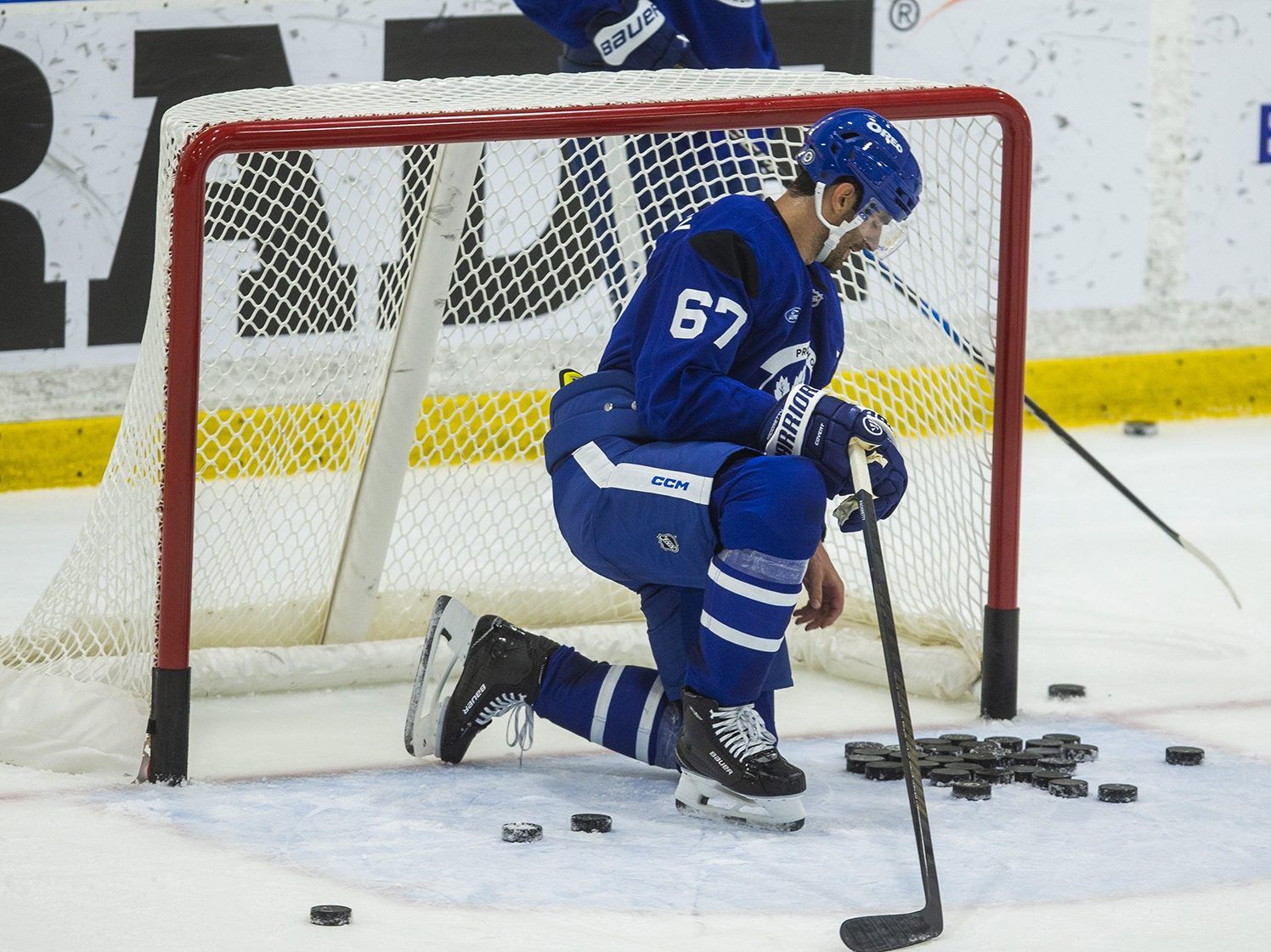

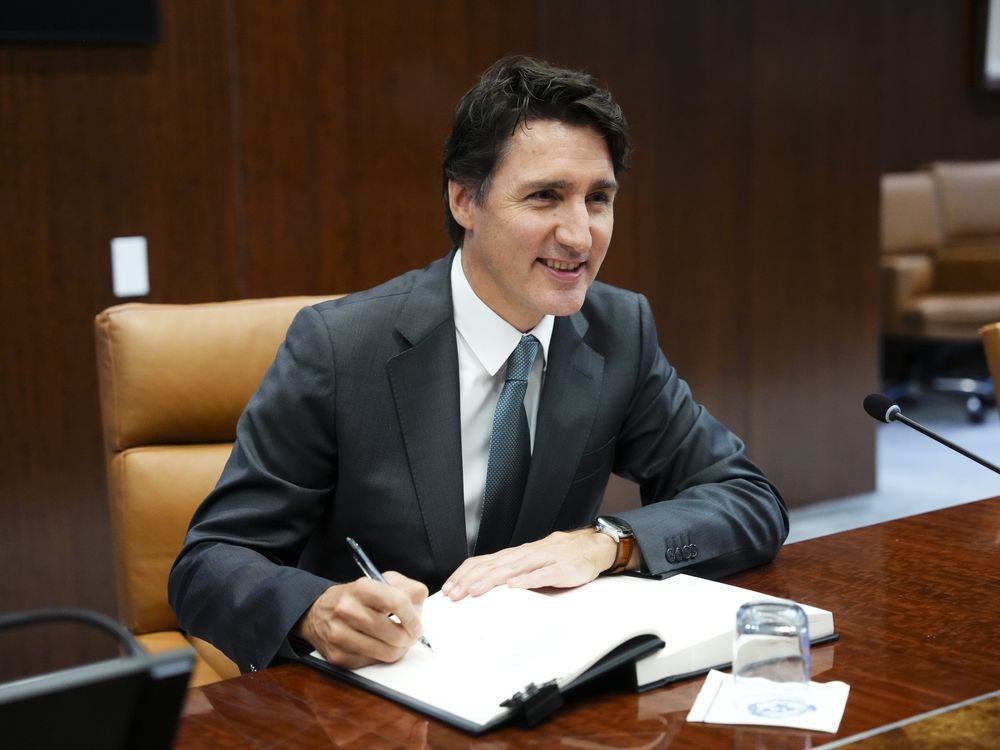
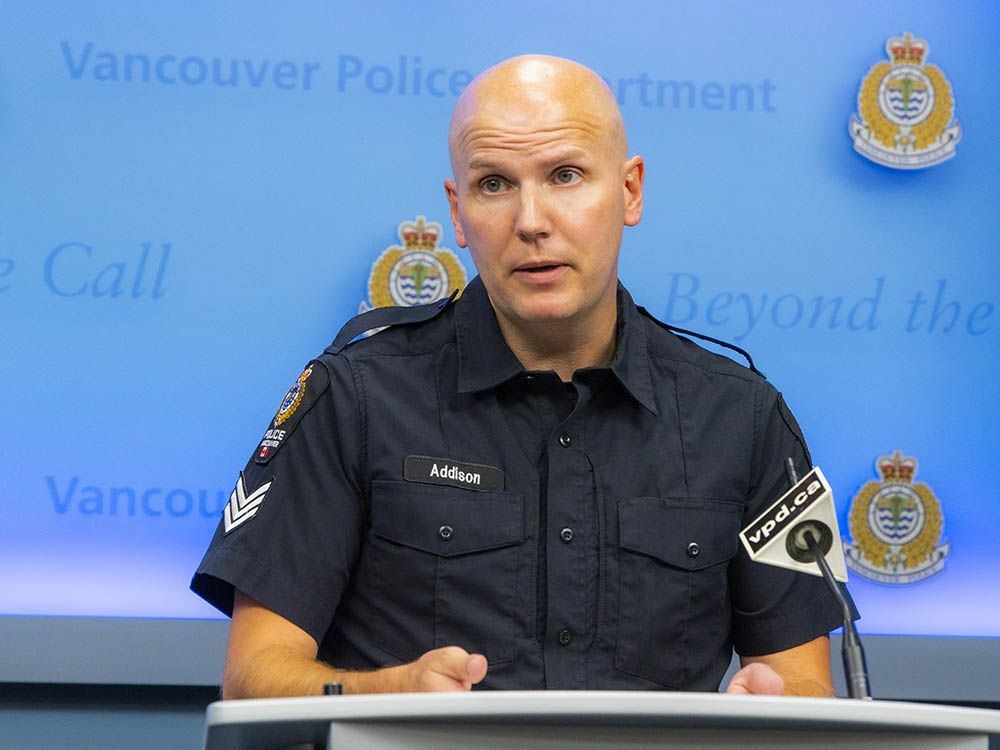
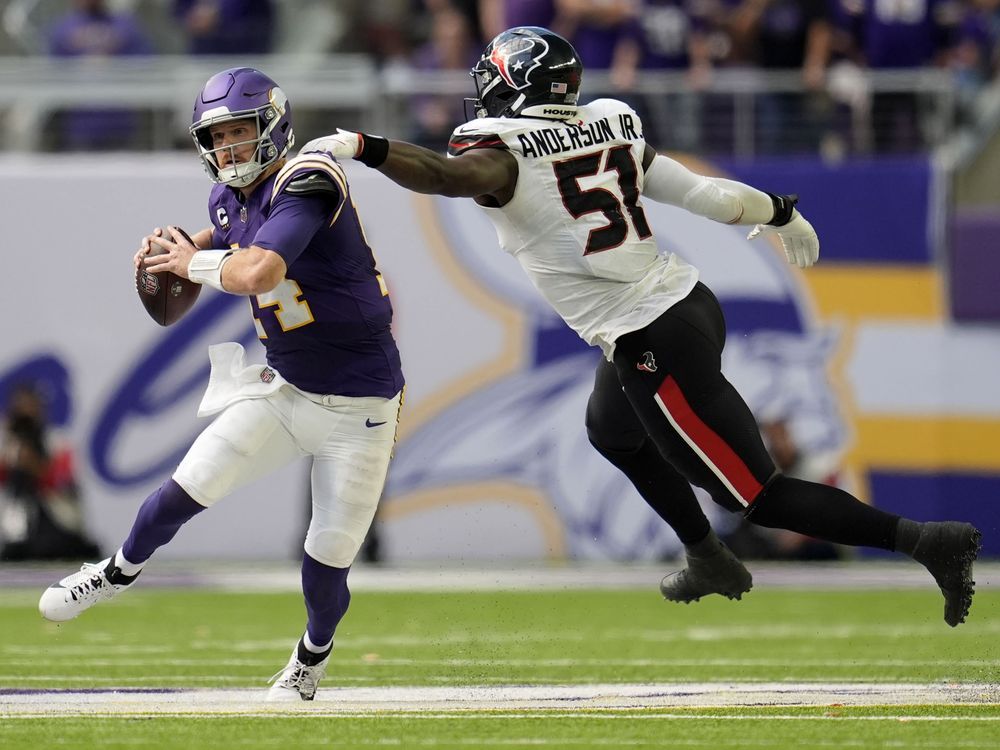





















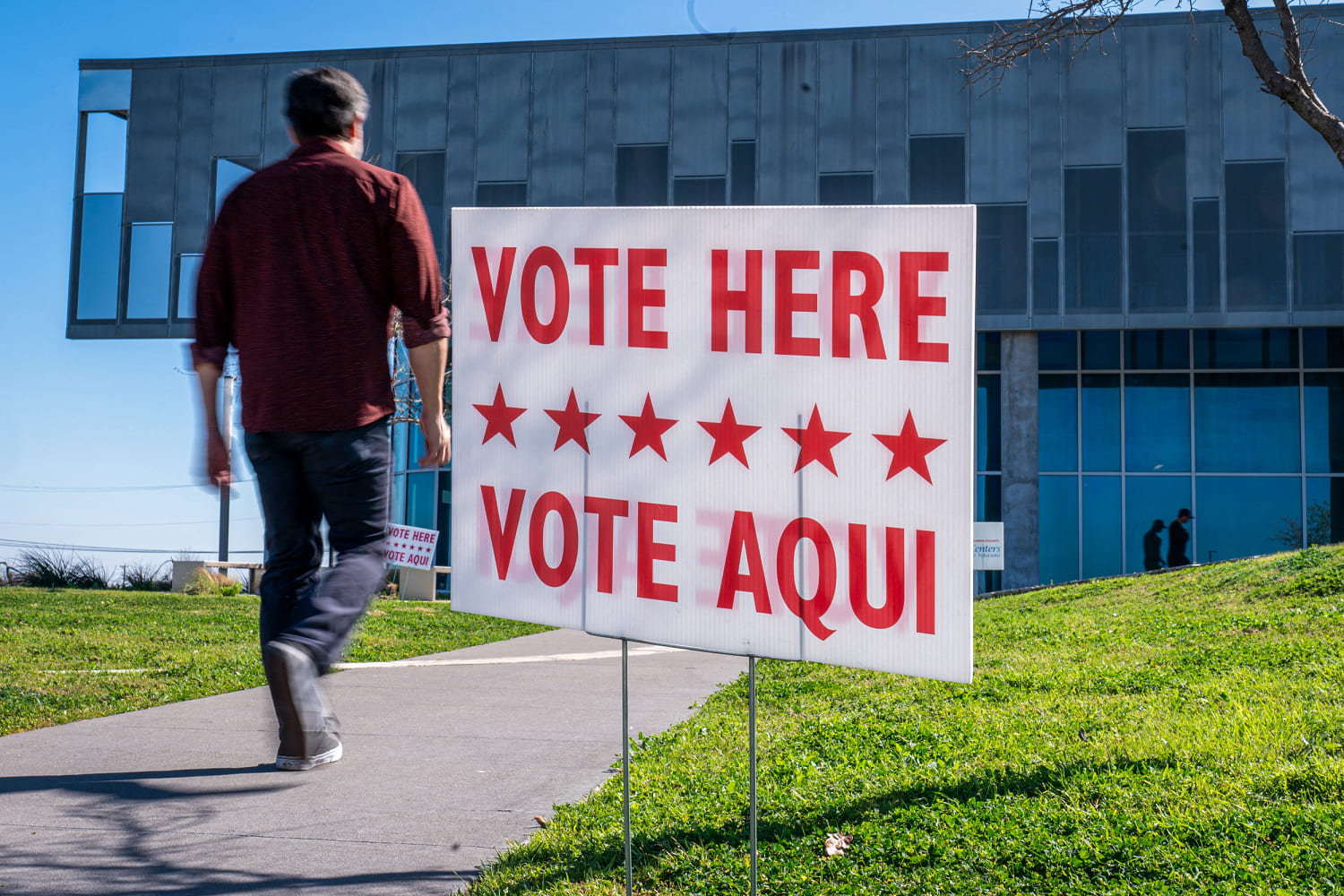


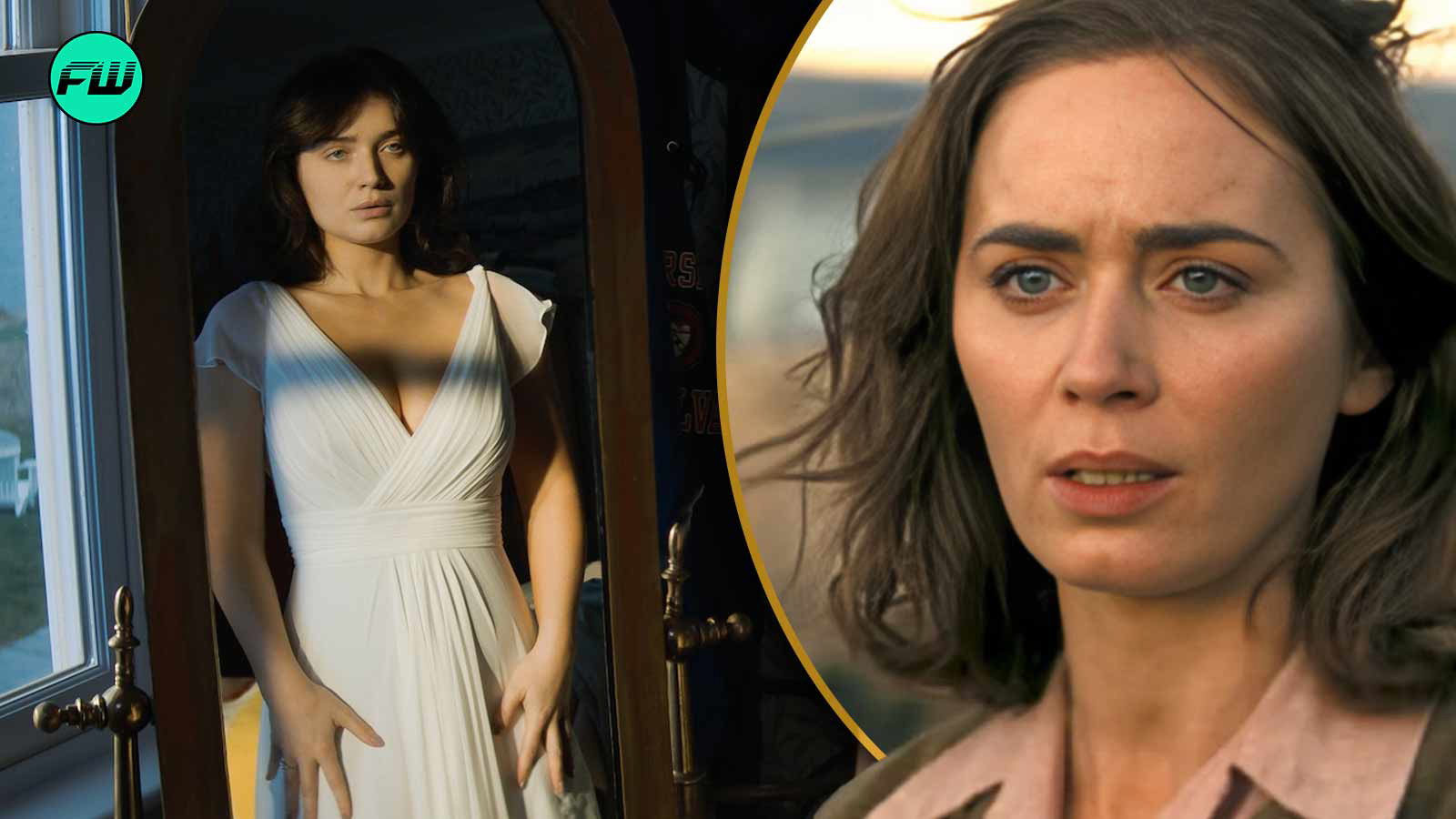
 Bengali (BD) ·
Bengali (BD) ·  English (US) ·
English (US) ·